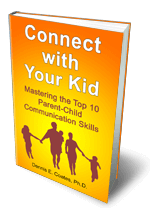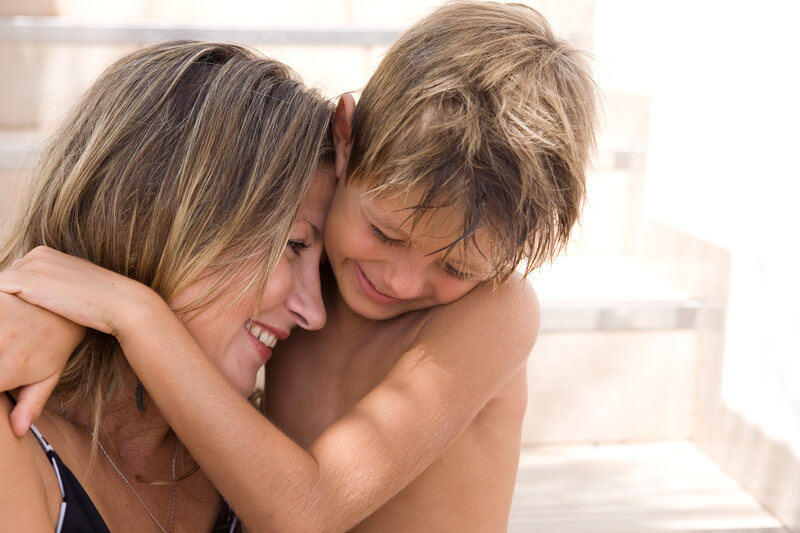Mindful – an often-used word. According to the Merriam-Webster dictionary, it means “aware of something that may be important.”
Aware – feel or experience something
Something that may be important. One of the most important things you can be mindful of: your child.
Even the people we’re most intimate with – our spouse, our child, your close friends – are separated from us by the impossibility of following every step of their journey, of the inability to always know their thoughts and feelings. The best we can do is imagine what they’re experiencing, thinking and feeling in any given moment. When we do, this is enough.
Being mindful of your child means a lot more than noticing. To achieve the kind of awareness implied in mindfulness, you need to be consciously in the present moment when you’re with your child. Not thinking about something that happened, not thinking about what you hope for or expect, but experiencing what’s in front of you – right here, right now. Your parental love is most real and intense when you’re able to experience your child without the filter of whatever may be going on in your mind, without judging or reacting. Mindfulness makes it possible to love who your child really is, not who you think she is or who you want him to be. Only when you’re mindfully aware of your child is an authentic connection possible.
If you’re like most parents, you only intermittently experience moments of intense mindfulness with your child. You aren’t in a mindful state 24/7. You’re not engaged in imagining their thoughts, feelings or experiences at every moment. You have a lot to think about and a lot to do. The future matters, so we have to plan, schedule and execute. Most of them time when you’re with your kids, you may be aware of them, but in a kind of distant way. You may be focused on other things, maybe your own problems and feelings. This is normal.
What parents need is to attempt mindful intimacy, this amazing closeness that inspires feelings of love, more often. The best opportunity is when you need to communicate. In other posts, I’ve affirmed the importance of effective communication skills to the parent-child relationship. I consider mindfulness the crucial first step to effective communication. Many of the opportunities to connect with your child will be triggered by emotions; for example, your child’s joy or frustrations or your reaction to something your child did. An expression of empathy communicates understanding, a powerful first step to listening or giving feedback.
But to express empathy, you first need to experience empathy.
To experience empathy, you need to be mindful of the other person, imagining what the other person is experiencing and feeling.
To be mindful, you need to shift from your own thoughts and feelings to sensing the other person in the here and now.
In other words, empathy isn’t just a feeling, it’s something to be expressed. In my post, “Get Back That Loving Feeling,” I describe three steps to expressing empathy.
The rewards for doing this more often are worth it. This is why empathy is a theme is some of the best books about parenting, such as Parenting with Presence, by Susan Stiffelman, and Connected Parenting, by Jennifer Kolari, which I cited in my post, “Mirroring: A Personal Story.”
 More truth-telling about parent-teen communication.
More truth-telling about parent-teen communication.
My how-to instruction on empathy is the topic of Chapter 4 of Connect with Your Kid: Mastering the Top 10 Parent-Child Communication Skills.
You can grow the bond with your child through better listening. Download the FREE ebook, Listening to Understand.

